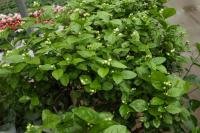1、 Curing method
1. Light: because Rhodiola Rhodiola likes light, it should be provided with light for a long time when raising. It shall be ensured that there is about ten hours of light duration every day. If the duration is insufficient, it can be supplemented manually
2. Temperature: Rhodiola Rhodiola prefers to grow in a warmer environment, so it needs to be cultivated at a temperature of 10 ℃ - 20 ℃
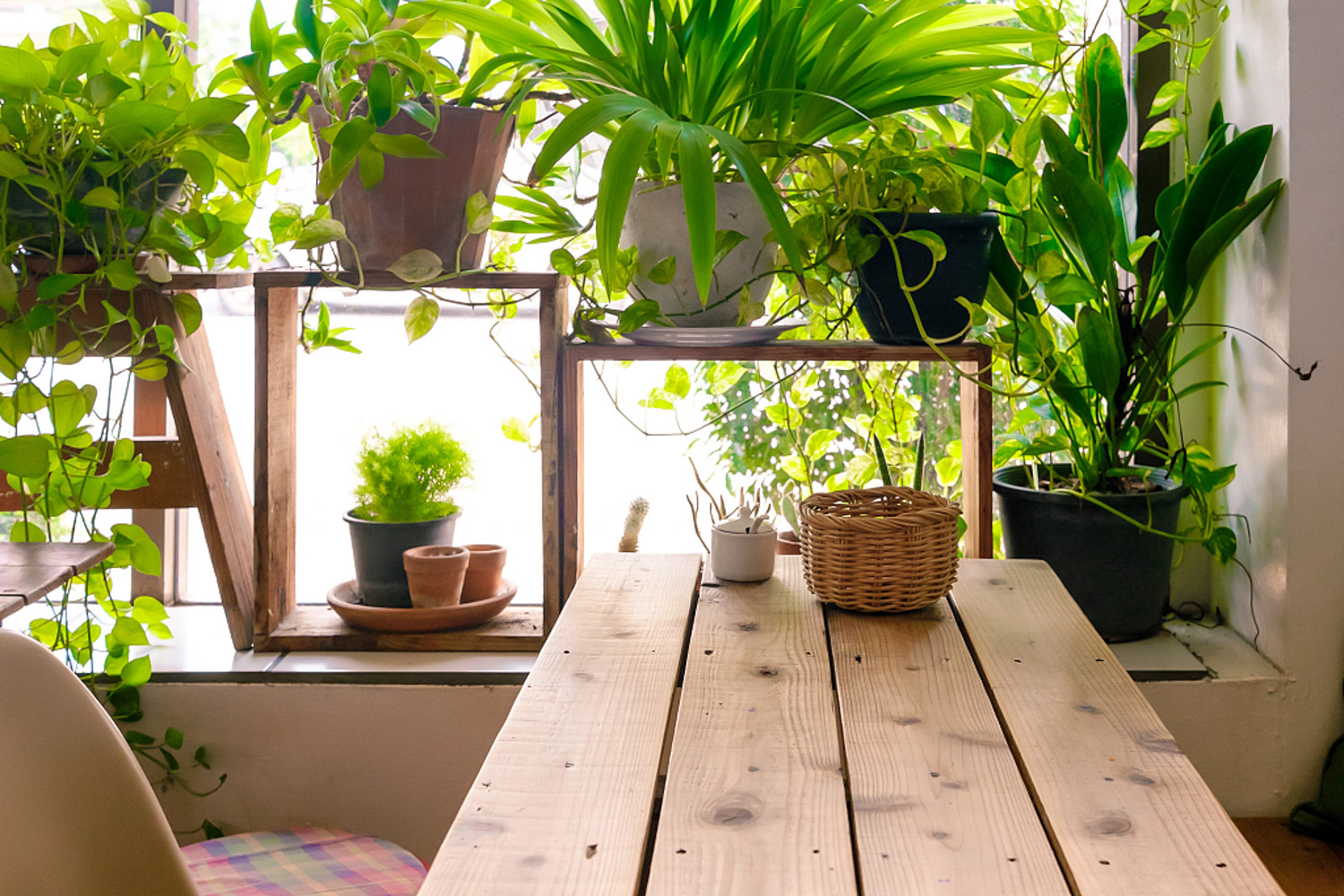
3. Moisture: at the beginning of its growth, it needs a lot of watering to promote the germination of its buds. After passing the initial stage of growth, it can appropriately reduce the amount of watering to ensure a relatively dry environment. It has strong adaptability to dry environment, but it can not survive in waterlogged environment for a long time
4. Soil: Rhodiola has low requirements for soil, as long as it is sandy soil with good drainage
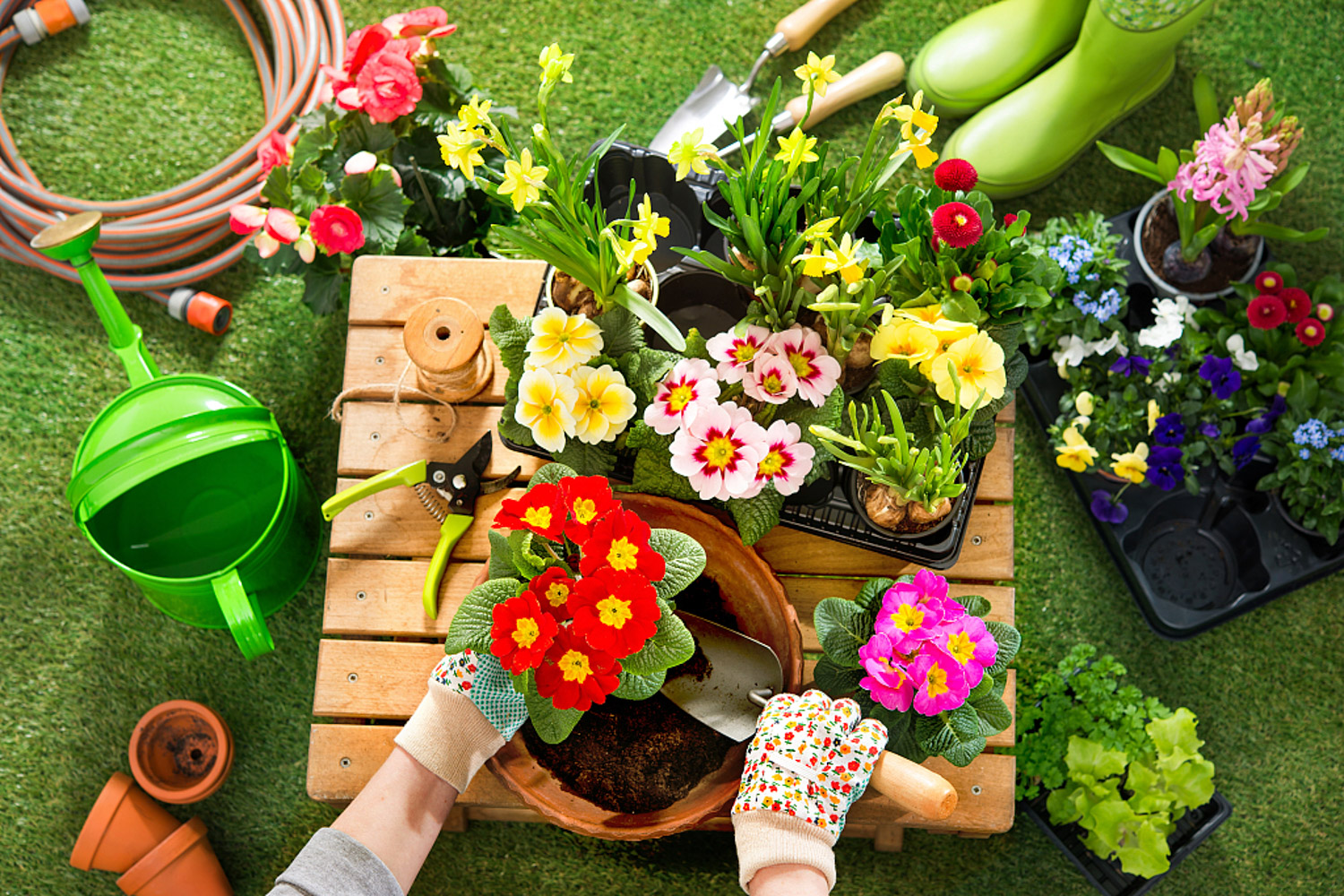
2、 Breeding method
1. Ramet: This is one of the simplest breeding methods. You only need to cut out new rhizomes, plant them in the soil to keep warm, and wait for them to survive
2. Cutting: in the summer of each year, the newly grown branches are cut and inserted into the soil, and provide it with a relatively cool environment. Soon they will be able to take root

3、 Diagnosis and treatment problems
1. Insect pests: Rhodiola Rhodiola is very strong for pests and diseases. If there are slight pests occasionally, you can brush it with a small brush. When it spreads in large quantities, it can be sprayed with diluted dimethoate emulsion for treatment
2. Rotten roots: in case of rotten roots in the breeding process, the soil with good drainage should be replaced in time, and the watering amount should be reduced appropriately. If the situation is serious, please re breed
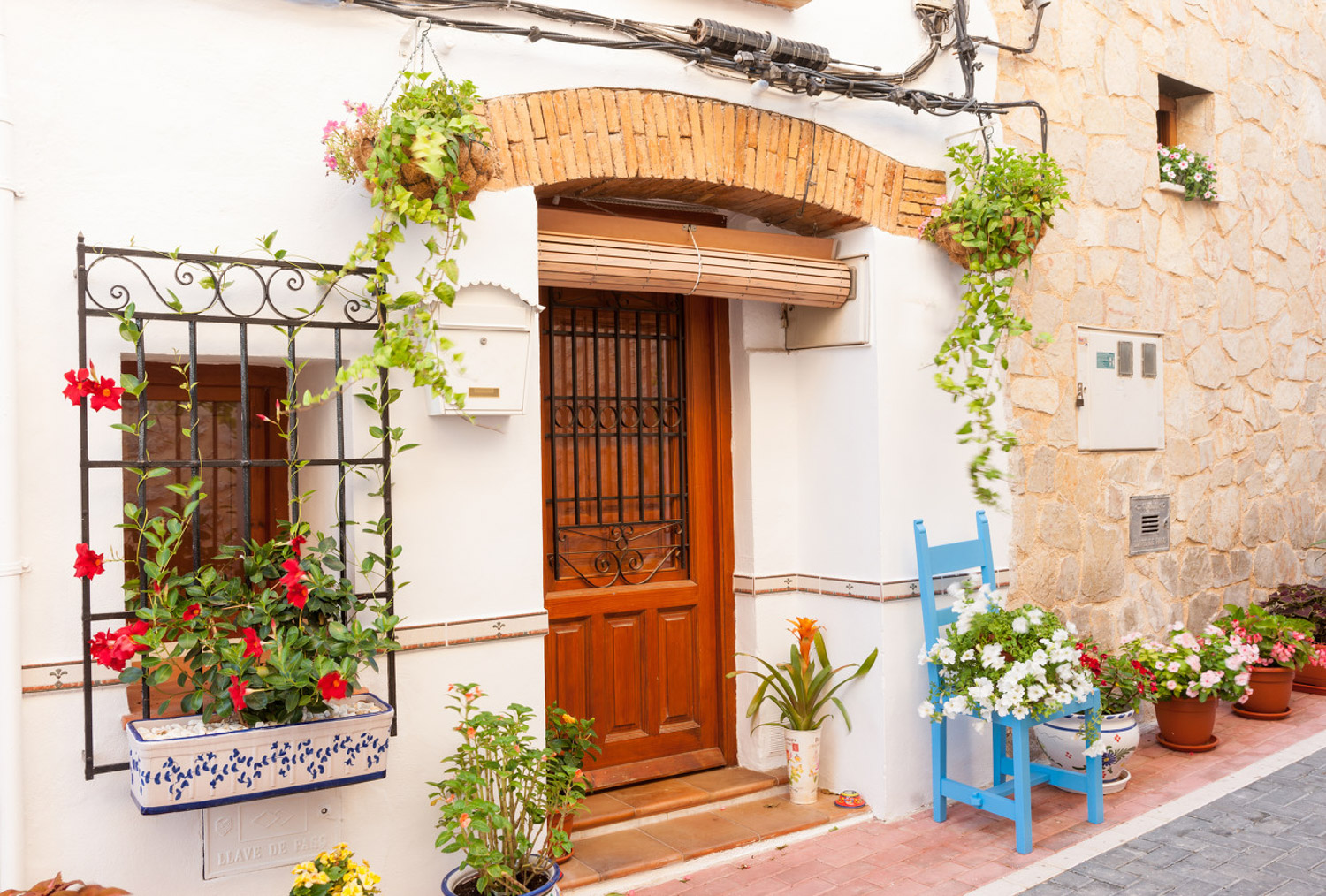
4、 Other issues
1. Florescence: Rhodiola has a very long florescence, which can usually be maintained for eight months. It has very high ornamental value when planted in large quantities
2. Soil turning: potted culture of Rhodiola sachalinensis needs to turn the pot and change the soil once a year. Winter into the cold room or cellar storage winter, other time can be extensive management
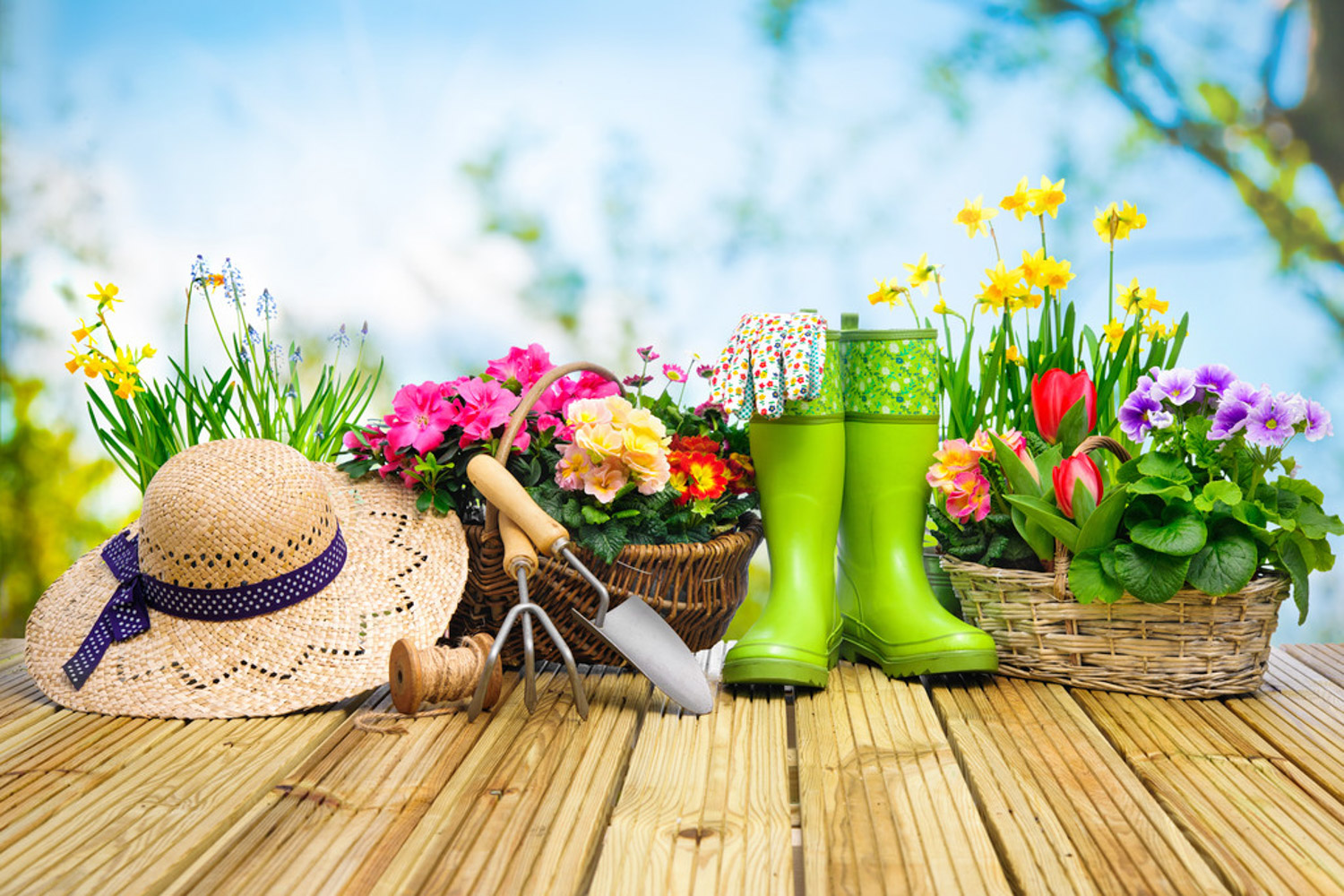

 jackfruit
jackfruit snake plant
snake plant hibiscus
hibiscus hydrangea
hydrangea lavender
lavender Green roses climb al...
Green roses climb al... If you don't pay att...
If you don't pay att... Management of four g...
Management of four g...



























